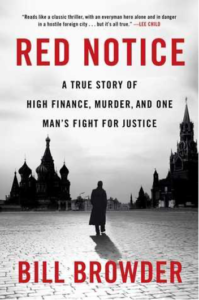
Shtisel (Season 3 launched March 25 on Netflix)
Created and written by Ori Elon and Yehonatan Indursky
Starring Doval’e Glickman, Michael Aloni, and Neta Riskin
I thought Shtisel was gone for good, but when Netflix notified me that there was a third season, I watched the first episode that very night. (I briefly reviewed the series before [LINK Feb 19, 2019], but wanted to talk about it again here because of the above-mentioned connection with The Blue Streak.)
Shtisel is a TV series, produced in Israel, about an ultra-Orthodox Jewish family living in a Haredi neighborhood in Geula, Jerusalem. Shulem Shtisel is the family patriarch and a rabbi at the local cheder. And he is the heart of the series – in every respect. But the story focuses more on Akiva, his son, who lives with his beloved father but strives to have a more independent life.
The very strict culture of the Haredi, personified by Shulem, creates much of the drama in the series. When, for example, Akiva falls in love with Elisheva Rotstein, a smart, attractive, but twice-widowed young woman, his father gets to work trying to get him to say goodbye to her and find himself a more suitable prospect.
And then there is the imbroglio when the husband of Giti, Akiva’s sister, takes a job in Argentina and is rumored to be having an affair with a gentile.
And then there is Grandmother Malka, Shulem’s mother, who lives in a nursing home and is exposed to television for the first time in her life.
What I Love About Shtisel: The word that comes to mind when I try to describe how I like this series is “delicious.” I don’t watch it. I consume it. And it gives me the sort of aesthetic pleasure that can best be compared to a bar of Hershey’s chocolate. No, not Hershey’s. That’s too American. It’s like biting into a Toblerone.
The plot lines are cleverly connected and always engaging. The ensemble acting is fantastic, and the production values are excellent. But what I think I like best about Shtisel is that while watching it I feel like I’ve been invited into the warm embrace of a very different culture, one that might otherwise scare me but is made familiar and even welcoming by the essentially well-intentioned humanity of its characters struggling through their quotidian lives.
Critical Reviews
* “The runaway-hit series from Israel delivers pleasures similar to those of an expansive nineteenth-century novel.” (New Yorker)
* “Binge-Worthy TV” (New York Times)
* “The Israeli television show’s deft combination of particularity and universality lies at the core of its appeal.” (The Atlantic)







